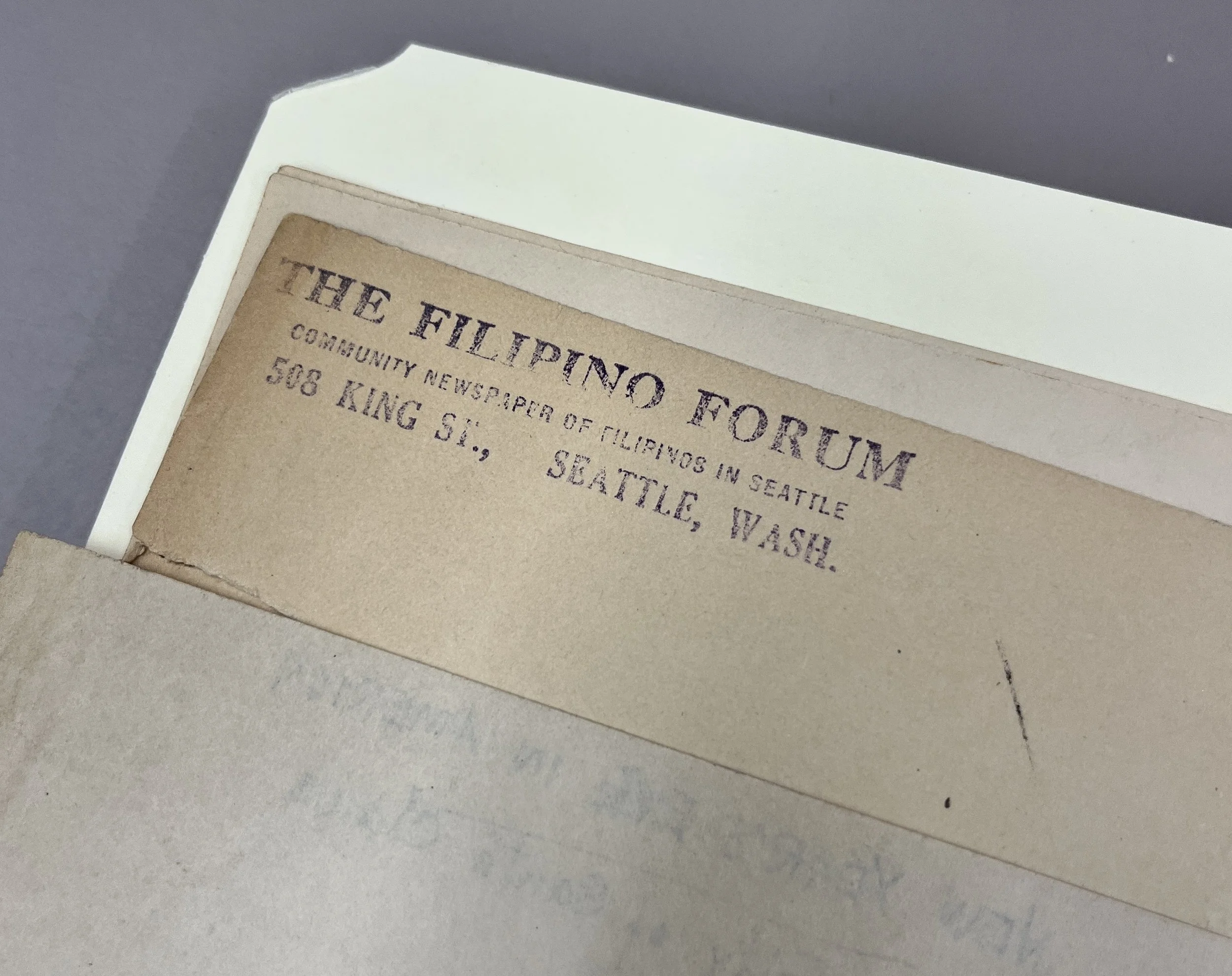We all have that relative who is the life of the party: and for most of the entire community in Seattle that person was “Papa Mike”. Though he passed away in 1992, he may have fed every single member of the FilAm community here before that. He made his life as a legendary cook, and supported his entire family with it. He was one of the longest serving cooks at Ivar’s restaurant and indispensable to the operations there. He trained over 40 cooks, while also somehow catering every party, funeral, and major event for friends.
His contributions to building an institution of gastronomy go beyond what we typically see when we remember the lives of great Chefs. While he was cooking comfort food at Ivar’s, he was also introducing the next generation to Philippine classics. In this way, his community work cannot easily be quantified through legislation or fundraising, perhaps like some others. While some found their path leading from public offices and departments, he led from the kitchen. He can be remembered imprinted on our pallets and sensibilities - in the contours of a city that seems uniquely attuned to loving food from the Philippines, and the contributions to gastronomy and culture by and for us.
His talents as a culinarian were not contained to Ivars. They were also felt by Seattle University, the Rainier Club, the Hungerford Hotel, the Town and Country Club, and the Sorrento Hotel.
Truly, his love for gastronomy and business of hospitality was so deep that he established the Mike B. Castillano Memorial Fund to benefit Seattle Central Community College Hospitality. An incredible program, that not only remains financially accessible, but one that has graduated so many incredible Chefs - many of whom have come to work with Archipelago. From Mike we learn that great food and cooking cannot be contained to a restaurants walls, but that it must inspire and feed the communities that we love, too.













